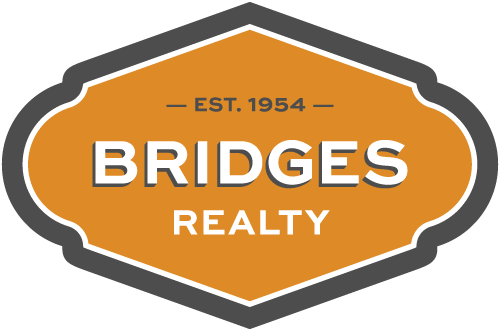Let's assume you've owned your home for several years. It has increased in value, and the unpaid balance is considerably less than you originally borrowed. In short, you have equity in the home. You're thinking about buying another home, and one of the questions going through your mind is, "should we find a replacement property before we put our home on the market?
It is a good question, but maybe there is another one you should be asking. "Should we keep our current home and convert it to a rental when we buy another home? The answer to the question may have a great deal to do with your finances, but it may end up being an excellent investment if you can afford it.
Do you have enough discretionary funds for a down payment and closing costs for your new home? Is it enough to put a 20% down payment so you can avoid paying mortgage insurance? Can you qualify for the mortgage on the new home with the additional liability of your current home?
You don't even need "yes" answers to all of these to consider the possibility of converting your home to a rental. If you have sufficient equity, you may be able to pull part of it out for your down payment and closing costs and still have equity available for other needs. In addition, lenders will usually make cash-out refinances up to 80% of the value of the home.
Another possibility may be to borrow against your qualified retirement program. The advantages include speed and convenience, repayment flexibility, and cost advantage. In addition, if you believe the stock market is moving toward a down position, this could be an additional incentive to earn more in the rental.
What makes rental properties so attractive right now is that rents are rising and expected to continue because the factors that make a shortage of homes for sale are the same that make the shortage of homes for rent. The rent collected, less mortgage payments and expenses will probably result in a positive cash flow before tax. The other major factor is that homes are appreciating at a very high rate.
Using borrowed funds to control an appreciating asset is leverage, and it can dramatically affect the rate of return an investor enjoys. The dynamics of income, appreciation, and favorable tax benefits make rental real estate very appealing.
Your real estate professional can provide information on the value of your current home, estimates for rental income and expenses, and finding your replacement home. Talk with your tax advisor to see how this alternative would work for you.
If you choose this opportunity, you will not have to put your home on the market, and the timing of your new purchase has become greatly simplified. It may even be to your advantage to be flexible with the seller's occupancy, which could be a significant advantage if you are negotiating against multiple offers.

